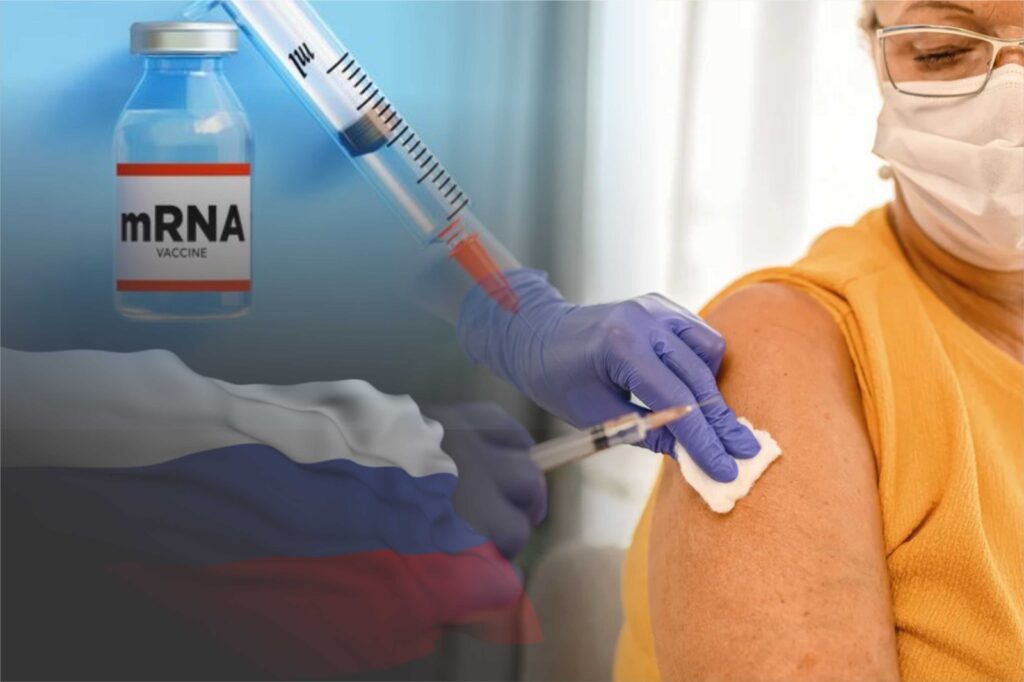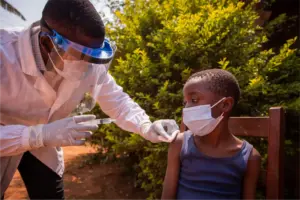
Russia is promoting a novel mRNA cancer vaccination that it claims will transform cancer treatment. Although the news is causing great buzz, professionals all around are being careful. They argue that before general acceptance of such a treatment comes, scientific facts and clinical validation are necessary.
Strong Claim in Cancer Treatment
Russian researchers reportedly created an mRNA-based cancer vaccination that boosts immune system recognition and destruction of malignant cells. Such vaccinations almost resemble how mRNA technology applied in COVID-19 vaccines guides the body to produce an immune response against harmful cells. Said to be in clinical trials is the vaccination. Officials report that preliminary findings are positive.
According to the Russian Health Ministry, they are hopeful, stating this invention might transform the treatment of cancer by giving individualized and targeted therapy with fewer side effects compared to traditional therapies such as chemotherapy and radiation.
More Openness Sought After by Professionals
Although these claims are commendable, medical professionals are pushing for such results to go through independent verification and further, more accurate proof through clinical trials.testing. Scientists agree that although still at very basic levels, the inclusion of mRNA as an additional type of cancer treatment will require many scientific inputs since it is safer and far-reaching.
Director of Gamaleya Institute, Dr. Alexander Gintsburg of Russia helped to fund this vaccination. Foreign oncologists, however, question whether the treatment is effective. ” Such a serious complex disease like cancer cannot be fought with this level of mRNA technology,” explains them.
An oncologist from the European Society for Medical Oncology (ESMO) cautioned against “while the idea of an mRNA cancer vaccination is exciting, it is crucial to have independent peer-reviewed data that proves its effectiveness”.
More sophisticated and tailored cancer vaccines
While mRNA vaccinations against infectious diseases like flu viruses have previously shown promise, a cancer vaccination will have to be more customized and complicated. The kind of cancer involved, the stage, and the personal reaction all affect the general effectiveness.
Health professionals claim that such a vaccination would have to go through rigorous human trials before mass adoption where it will show reversion of cancers, improved survival with less side effects.
Although its claim has piqued great interest among the rest of the medical community, cautioning governments and healthcare organizations not to declare a winner without first conducting thorough research before labeling it as a game-changer in the field of cancer treatment will help now.
The world keeps marching on its unrelenting fight against cancer, and advancements in mRNA technology where scientific rigor and openness will only ensure the patient receives only safe and effective treatments show very great promise.








